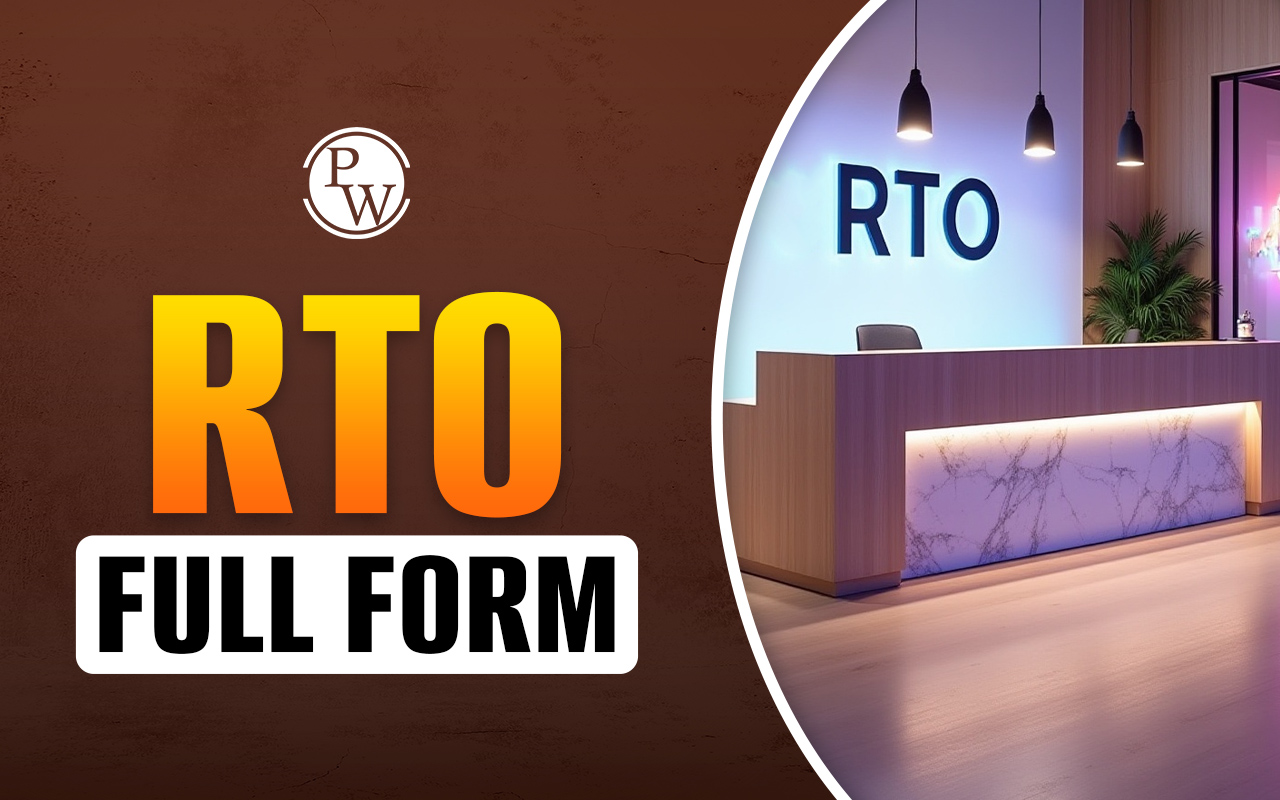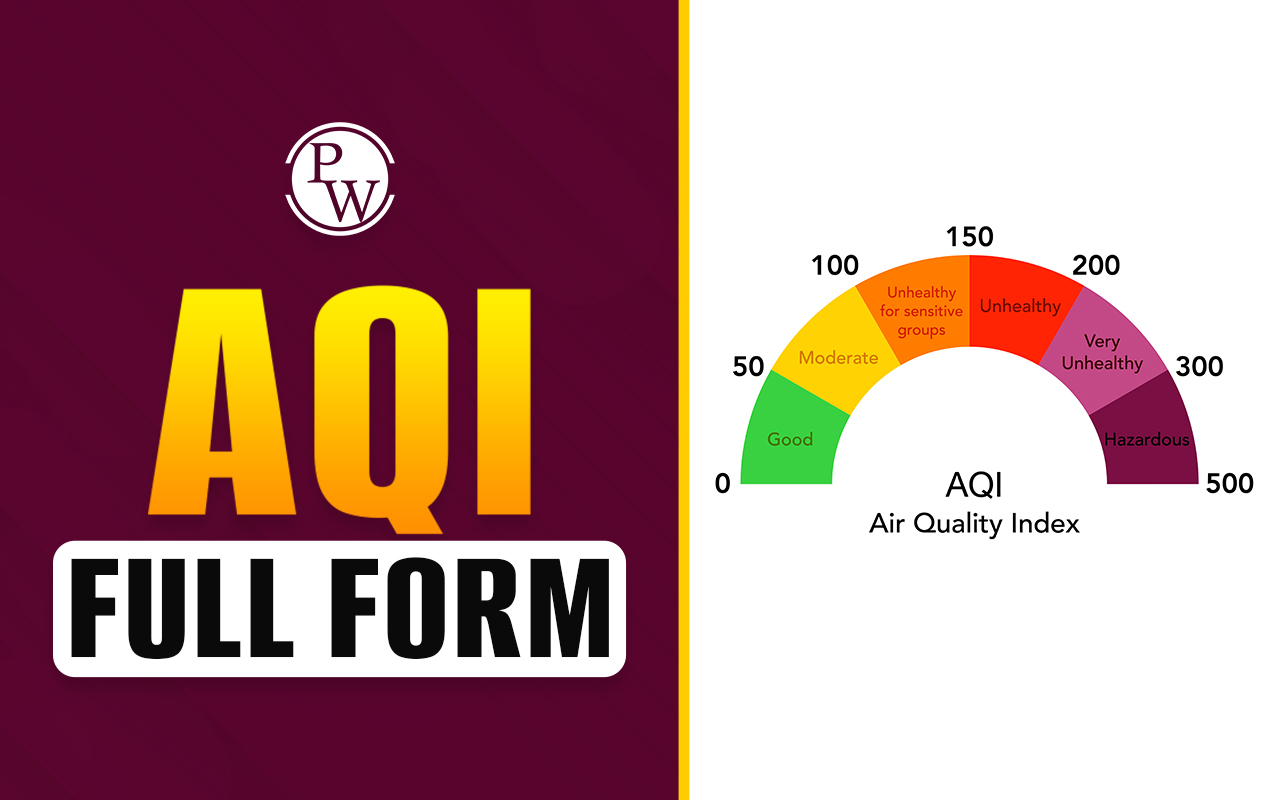

The full form of UR is Unreserved Category. Reservations have been a part of India's history for a long time, providing a helping hand to vulnerable sections of society.
These reservations can be in the form of scholarships, admission to educational institutions with a fixed quota, or financial assistance. However, not everyone qualifies for these benefits, and this is where the Unreserved (UR) category comes into play. In this blog, we'll be discussing the full form of UR, its history, and its significance in today's society.
What is the Unreserved Category?
The UR category refers to a section of society that does not come under any of the government-defined reservations. People in the UR category do not receive any kind of reservation or relaxation in terms of marks, admission to educational institutions, or financial assistance.
History of the Unreserved Category
The concept of reservations in India dates back to the early 20th century when the British government introduced policies to uplift the socially and economically backward classes. These policies were later continued and expanded by the Indian government after independence. Over the years, the government has made necessary changes to the reservation policies. It has included more categories and provided more benefits to the marginalized sections of society.
However, the UR category has always remained unchanged, and people in this category have not received any kind of reservation or benefits. This has resulted in a dual feeling in society, with some viewing the reservation system as a positive step to uplift the vulnerable sections. However, others view it as an infringement of basic rights of equality.
Impact of Unreserved Category on Society
The existence of both positive and negative effects of reservation has created a dual feeling in society. On one hand, deserving candidates of the unreserved category are not able to get admission to the colleges of their choice. On the other hand, reservations uplift the vulnerable sections of society, including SC, ST, and OBC castes. The reservation system in India has overshadowed the hard work of individuals and has resulted in the most deserving not being able to secure the institution of their choice.
Economic Weaker Section (EWS) Quota for the UR Category
In recent times, there has been a growing demand from the economically backward sections of the UR category to provide them with financial assistance. In response to this, the Indian government introduced a 10% financial quota for the economically weaker sections in the UR category. This policy was first introduced by the Narasimha Rao government but was later struck down by the Supreme Court in 1992.
However, in 2019, the BJP government reintroduced the quota for the economically weaker sections of the UR category. Under this policy, families with an annual income of less than INR 8 Lakhs and who do not have agricultural land exceeding 5 acres, are eligible for the 10% reservation quota.
Eligibility for the EWS Quota
To be eligible to claim reservation under the EWS quota, families must not have an annual income above INR 8 Lakh, including all sources of income such as business, profession, agriculture, and salary. Additionally, the family must not have agricultural land of more than 5 acres, a residential flat, or a plot larger than 1000 sq. ft or 100 sq. yards (in a municipality) or 200 sq. yards (outside a municipality).
[wp-faq-schema title=" Full Form of UR FAQs" accordion=1]
What is the origin of the Unreserved Category in India?
Who is considered to be part of the Unreserved Category?
Is the classification of unreserved and reserved categories based on religion?












